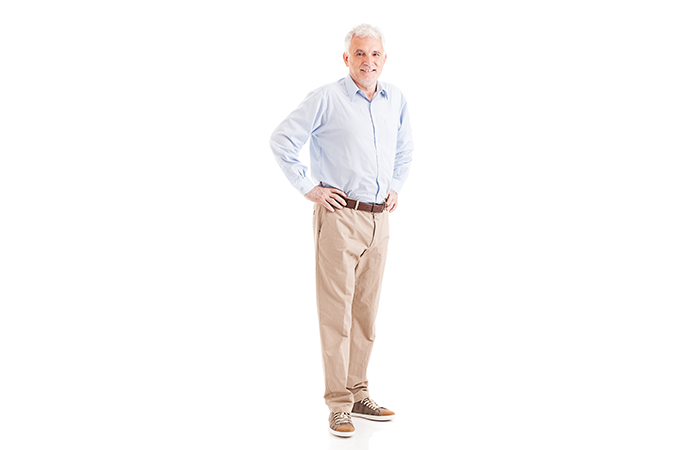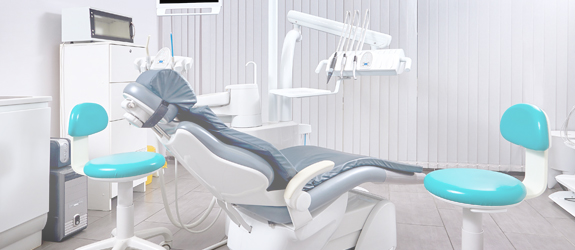The Unseen Role of Dental Implants in Speech Clarity

Understanding Speech and Dental Structure
At Smilecare Dental Centre, specialising in dental implants Archway, we often encounter patients who are primarily concerned about the aesthetic and functional aspects of missing teeth. However, one crucial aspect that deserves attention is how dental implants can significantly improve speech clarity. The relationship between our teeth and speech production is intricate and fascinating. When we speak, our tongue interacts with various parts of our mouth, including our teeth, to create specific sounds. Missing teeth can dramatically alter these interactions, leading to pronunciation difficulties and reduced confidence in social situations.
How Missing Teeth Affect Speech
Common Speech Challenges
When teeth are missing, several speech-related issues can arise:
- Whistling sounds during speech
- Difficulty pronouncing certain consonants
- Slurred speech patterns
- Reduced clarity in communication
The Transformative Power of Dental Implants
Modern dental implants serve as more than just replacement teeth. As specialists in dental implants Archway, we’ve witnessed countless patients experience remarkable improvements in their speech patterns following implant procedures. These artificial tooth roots provide a stable foundation that closely mimics natural teeth, allowing for proper tongue placement and airflow during speech.
The Adaptation Process
The journey to improved speech with dental implants typically follows a predictable pattern. Initially, patients may experience a brief adjustment period as they become accustomed to their new dental structure. However, this adaptation phase is usually short-lived, and most individuals notice significant improvements in their speech clarity within a few weeks. Our expertise in dental implants Archway has shown that successful speech adaptation depends on several factors:
- Precise implant placement
- Proper crown sizing and positioning
- Patient commitment to the adjustment process
- Professional guidance and support
The Science Behind Speech Improvement
The remarkable improvement in speech clarity following dental implant treatment can be attributed to several scientific factors. When we restore missing teeth with implants, we’re essentially rebuilding the oral architecture that nature designed for optimal phonetic function.
Key Phonetic Benefits
Dental implants contribute to speech clarity in multiple ways:
- Restoration of proper airflow channels
- Enhanced tongue positioning capabilities
- Improved lip support for clearer pronunciation
- Better resonance within the oral cavity
Long-term Speech Benefits
The positive impact of dental implants on speech extends far beyond the initial adjustment period. Many of our patients report sustained improvements in their verbal communication, which often leads to enhanced social confidence and professional interactions.
Supporting Optimal Results
To achieve the best possible speech outcomes with dental implants, we recommend:
- Regular dental check-ups to ensure implant stability
- Proper oral hygiene maintenance
- Speech exercises when recommended
- Immediate attention to any concerns
Looking Forward
The role of dental implants in speech clarity represents a significant advancement in modern dentistry. At Smilecare Dental Centre, we continue to witness the transformative effects these procedures have on our patients’ lives. The ability to speak clearly and confidently is fundamental to daily communication, and through careful placement and maintenance of dental implants, we can help restore this essential function.
Our commitment to excellence in implant dentistry ensures that each patient receives the highest standard of care, with speech improvement being one of the many benefits we strive to deliver. The future of dental implant technology continues to evolve, promising even better outcomes for patients seeking to enhance both their smile and their speech clarity.

